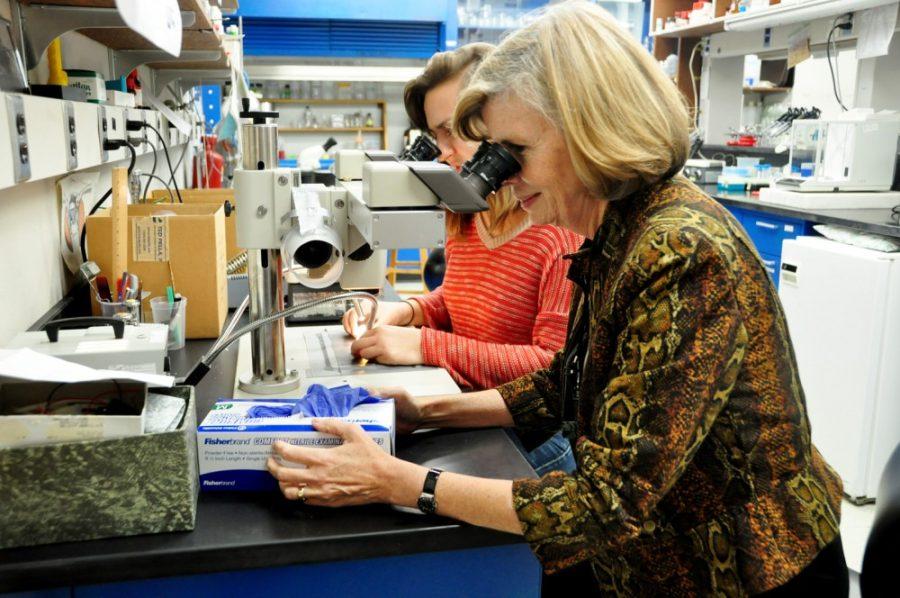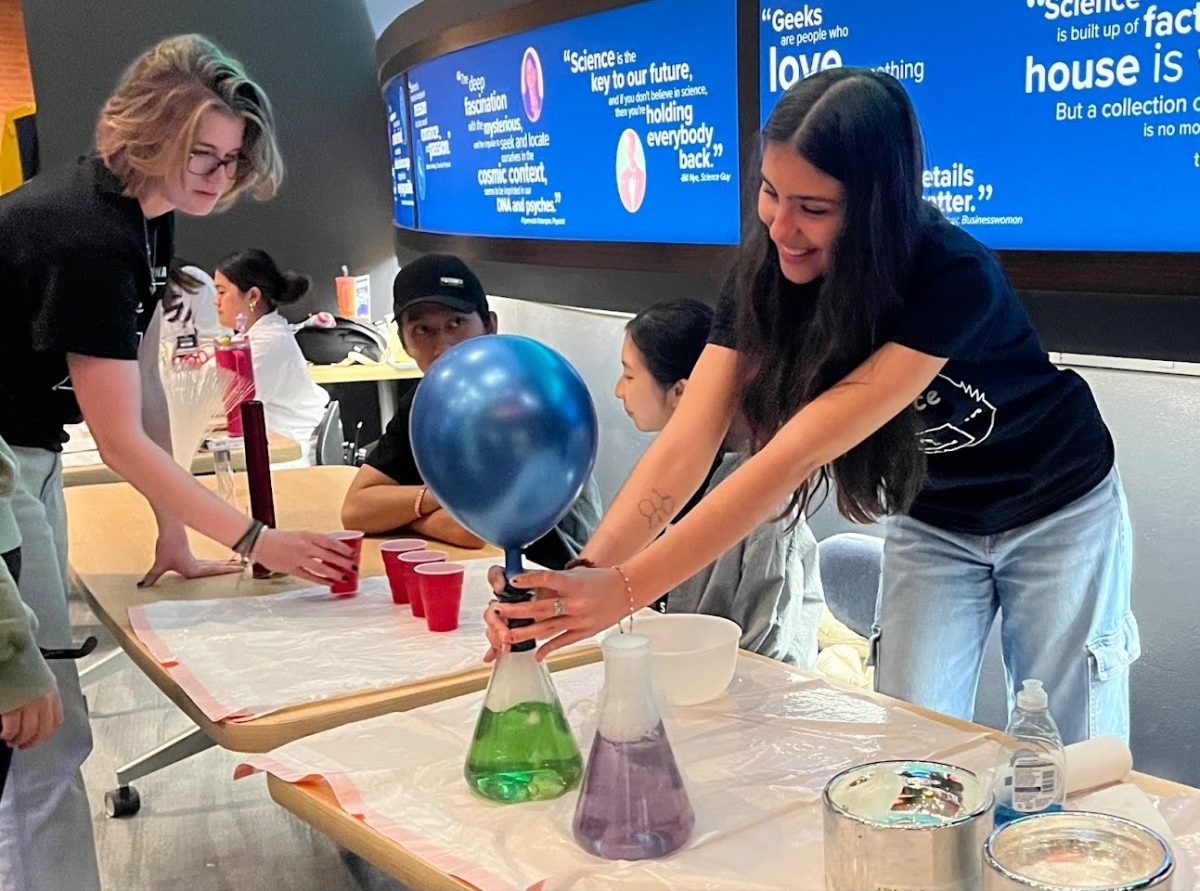So you decided to major in the sciences. Want to be the next swanky tech entrepreneur or a world famous researcher? Here are some Arizona Summer Wildcat-certified tips to help you survive your freshman year.
1
Use all your resources to do well in classes
All those prerequisite courses you have to take this year may seem utterly useless, but they will drastically affect your next few years. Not only do they build the foundation for the classes in your major, but there can be consequences if you do not take them seriously. That being said, most prerequisite courses have a lot of support for students.
Regularly go to your professors’ office hours if you are struggling with a course. Not only are you getting more personalized attention from the person who created the course, but you are also building a rapport with that professor, which could lead to research opportunities or letters of recommendation.
If talking to a professor is too intimidating, most large courses have student preceptors who also hold office hours and attend lectures. Preceptors are a great source of information about the course, and they can often give you tips about how to succeed, because they just went through the course themselves.
If you cannot make office hours, THINK TANK offers tutoring services for a variety of courses, and you already paid for it in your student fees.
2
Find a community in your major
No one on campus will understand the workload you are going through better than someone in your own major. They have to take all of the same classes as you, and you probably have some common interests already.
Having a support system is a necessity in college, and a great place to find that is your department’s club. From astronomy to molecular and cellular biology, most departments sponsor a club that is student-run and provides students with leadership opportunities. Most clubs try to highlight possible career tracks you can take with your degree and try to connect you with opportunities in your field.
3
Get involved with research and internships
Unlike some majors, most degrees in science do not train you for a certain career, but that does not mean you cannot start looking now. A natural career for someone with a Bachelor of Science degree is to do research in their field, and there is ample opportunity to get involved at
the UA.
While there are a few established programs that will help set you up with a lab, as a freshman, the fastest way to find a lab is just to ask. Scrolling through your department’s website will often lead to a faculty list with all of the faculty’s research interests and contact information.
It may take a few emails, but many students get involved with research by sending cold emails to professors and offering to volunteer. Research not only gives you career skills, but also can help you out with classes.
“[Research] gives you invaluable experience and connections and helps you realize your classes are simplified lies,” said Amy Nippert, a neuroscience and cognitive science alumna.
While you may think you want to be a scientist now, it takes a special kind of person who enjoys long days of failure to be a scientist. It is important to get involved with research as soon as possible so you do not waste four years of your life preparing yourself for a field you might
not enjoy.








